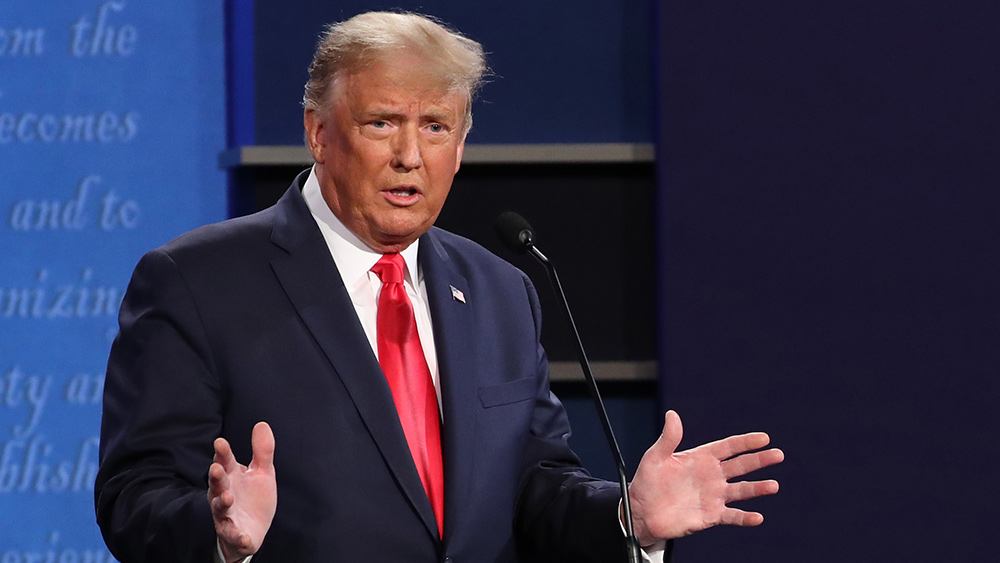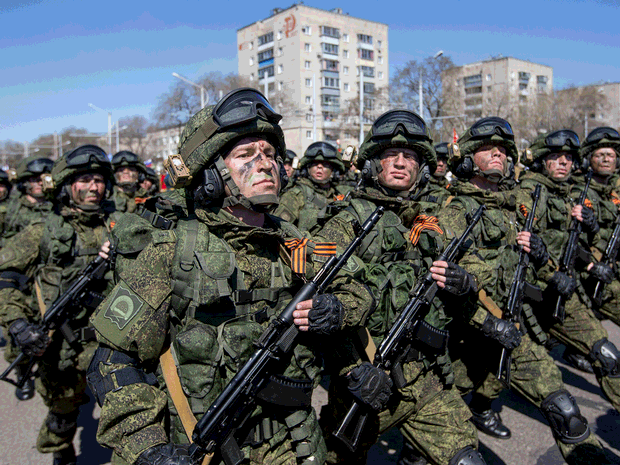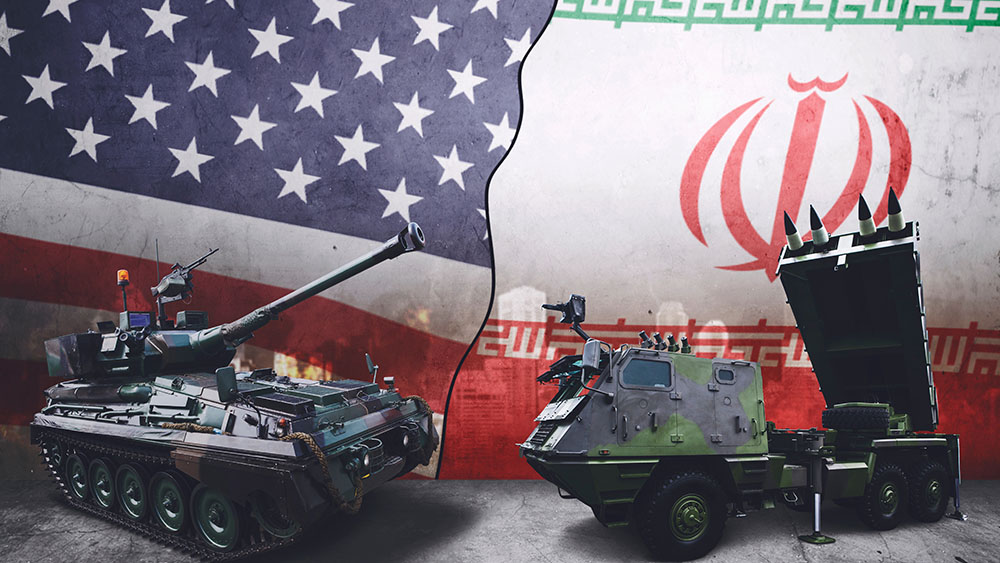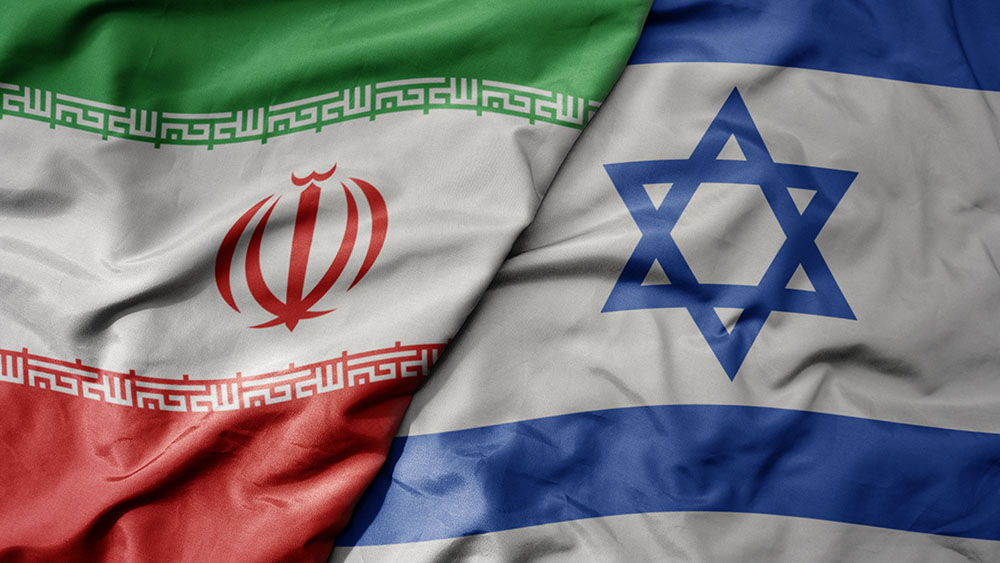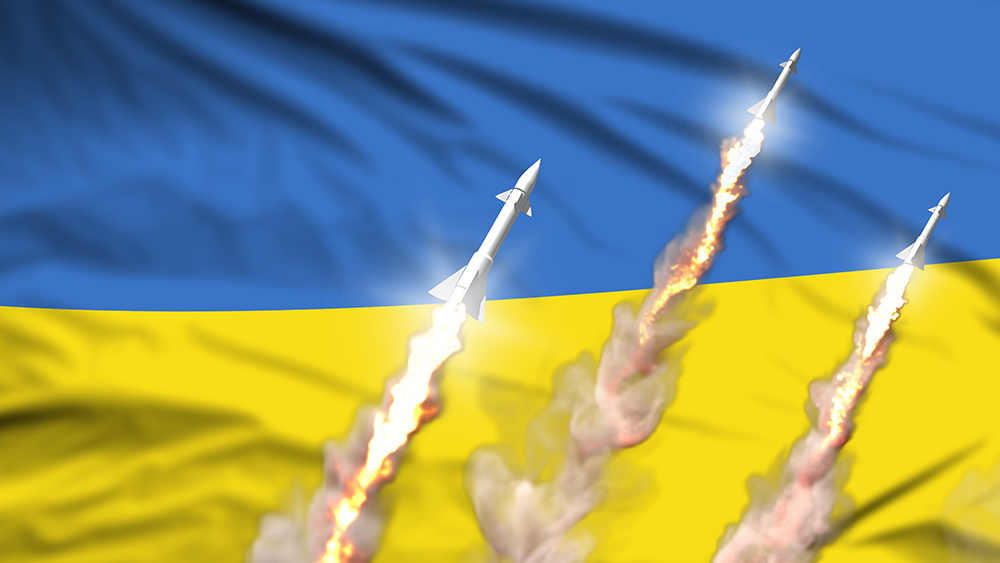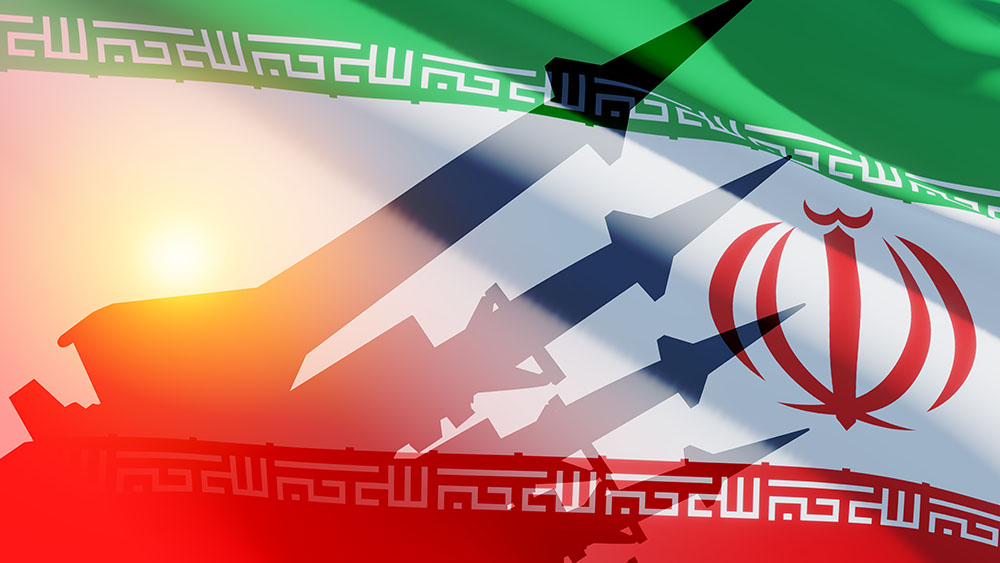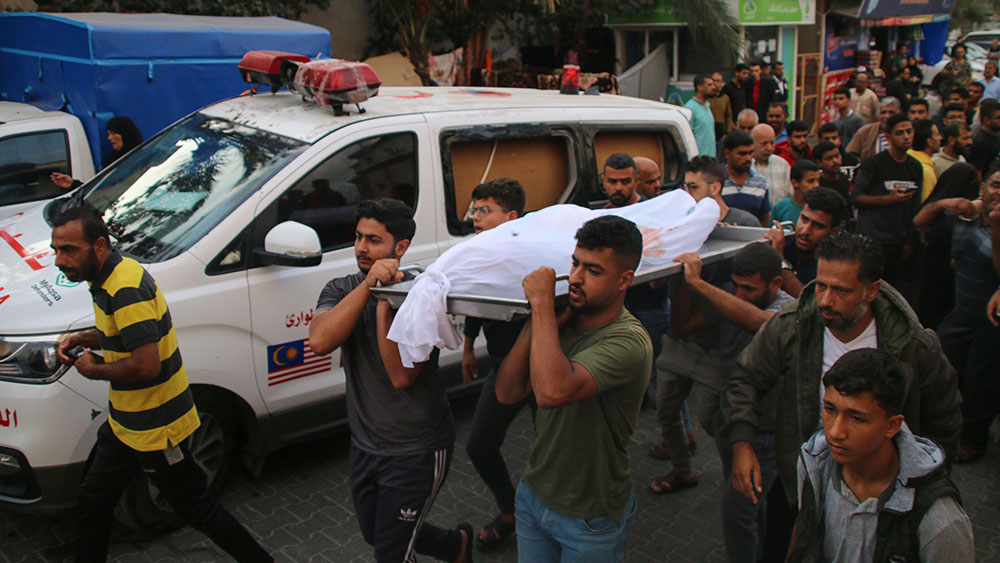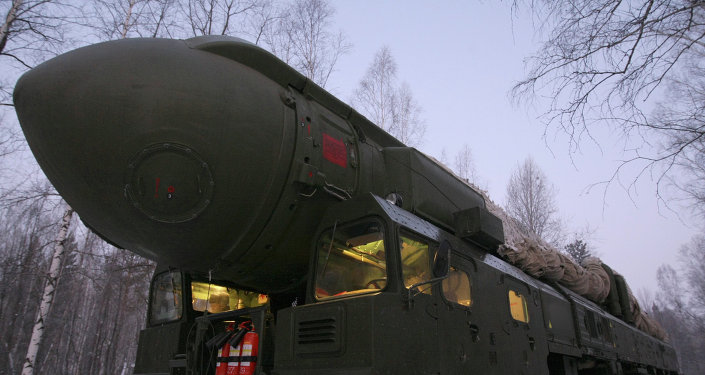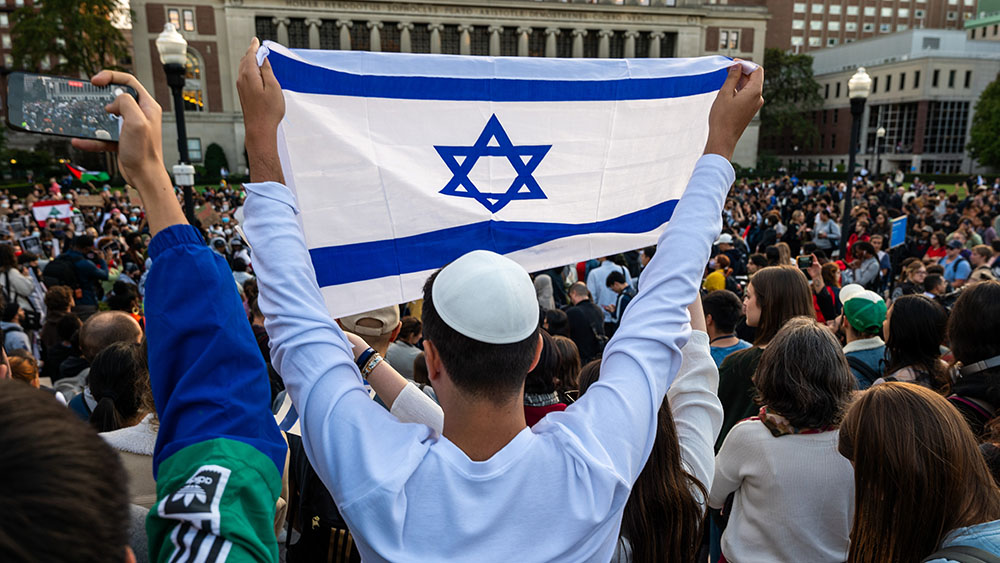Israel rewards Jordan with year-long extension of WATER AGREEMENT for helping shoot down Iranian drones
04/18/2024 / By Richard Brown

Israel has announced that it will extend a water agreement it inked with Jordan for the latter’s assistance in shooting down drones and missiles fired by Iran.
During Iran’s April 13 and 14 attack on Israel dubbed Operation True Promise, the Hashemite kingdom shot down Iranian projectiles breaching its airspace. This drew applause from Israel, which promptly recognized its neighbor’s efforts.
Because of this, Tel Aviv is set to extend its water agreement with Amman by an additional year. Originally set for three years, the agreement involves the transfer of 100 million cubic meters of water annually from Israel to Jordan. The Hashemite kingdom had earlier requested the Jewish nation to consider extending the deal for another year amid escalating tensions between the two arising from the violence in Gaza.
This extension reflects not only Israel’s gratitude for Jordan’s assistance but also the strength of their bilateral relations, which extend beyond security cooperation to encompass various fields of mutual interest. It also highlights the significance of regional partnerships in addressing shared challenges and promoting peace and stability in the Middle East.
In exchange for extending the deal, Israel has allegedly asked Jordan to reduce its criticism of Israel and curb incitement against it by Jordanian officials. Additionally, Israel emphasized the importance of restoring bilateral relations to their previous state, including the return of ambassadors to Amman and Tel Aviv.
The water agreement, stemming from the 1994 peace treaty between the two nations, requires Israel to provide Jordan with 55 million cubic meters of water annually at a subsidized rate. Over the years, this allocation has been increased, with additional provisions for desalinated water. (Related: Peter Koenig: Israel wants CONTROL of water, hydrocarbons in the Middle East.)
However, tensions have escalated since November 2023 when Jordan announced its refusal to ratify a separate agreement involving energy cooperation. At the time, the kingdom cited Israel’s actions in Gaza as a reason for the decision. This stance reflects the strain on diplomatic ties between the two countries, exacerbated by the Gaza offensive and its significant human toll.
King Abdullah II stresses that Jordan WON’T become a battleground
Meanwhile, King Abdullah II of Jordan defended his military’s recent actions, asserting that the kingdom will not allow its territory to become a battleground for any conflict. The monarch emphasized that the security of the nation and the safety of its citizens are paramount.
The government of Jordan stated that it had taken defensive measures to protect its sovereignty. While this move likely garnered support from allies like the U.S., it also sparked controversy, with some accusing Jordan of prioritizing its relationship with Israel over the Palestinian cause.
However, experts like Kristian Coates Ulrichsen of Rice University‘s Baker Institute argue that Jordan’s actions were defensive and not indicative of support for Israel. He pointed out that Iraq could have intercepted the munitions but chose not to due to political reasons.
Bahraini strategic expert Abdullah Al Junaid defended Jordan’s right to protect its airspace, condemning baseless accusations of collusion with Israel. He emphasized that Iran and its proxies pose a threat to regional security.
Jordanian officials reiterated their commitment to defending their sovereignty and supporting the Palestinian cause. They affirmed that Amman would have reacted similarly to any threat to its security, regardless of its origin.
Jonathan Lord of the Center for a New American Security highlighted the complex dynamics at play, suggesting that Jordan’s defense cooperation with the U.S. and Israel aligns with its broader security interests. He speculated that U.S.-made defense systems were likely used in intercepting the Iranian drones and missiles, showcasing the benefits of closer security ties with Washington.
In the aftermath of the attack, diplomatic efforts have intensified to de-escalate tensions. U.S. President Joe Biden condemned Iran’s actions and reaffirmed support for Jordan’s security. Diplomatic engagements between regional powers like Iraq and Jordan aim to address the escalating situation and ensure continued coordination among allies.
Watch this clip of the wreckage of an Iranian missile shot down in Jordan.
This video is from the Cynthia’s Pursuit of Truth channel on Brighteon.com.
More related stories:
Israel declares major LAND GRAB in West Bank.
U.S. aggressively pushing ESCALATION in its ongoing SHADOW WAR with Iran.
The Palestinians were right all along: Netanyahu wants them completely expelled from the region.
Sources include:
Submit a correction >>
Tagged Under:
Abdullah II, big government, chaos, clean water, conspiracy, Holy War, Iran, Israel, Jordan, military technology, missiles, national security, Operation True Promise, self-defense, water agreement, water supply, weapons technology, WWIII
This article may contain statements that reflect the opinion of the author
RECENT NEWS & ARTICLES
COPYRIGHT © 2017 WWIII NEWS


